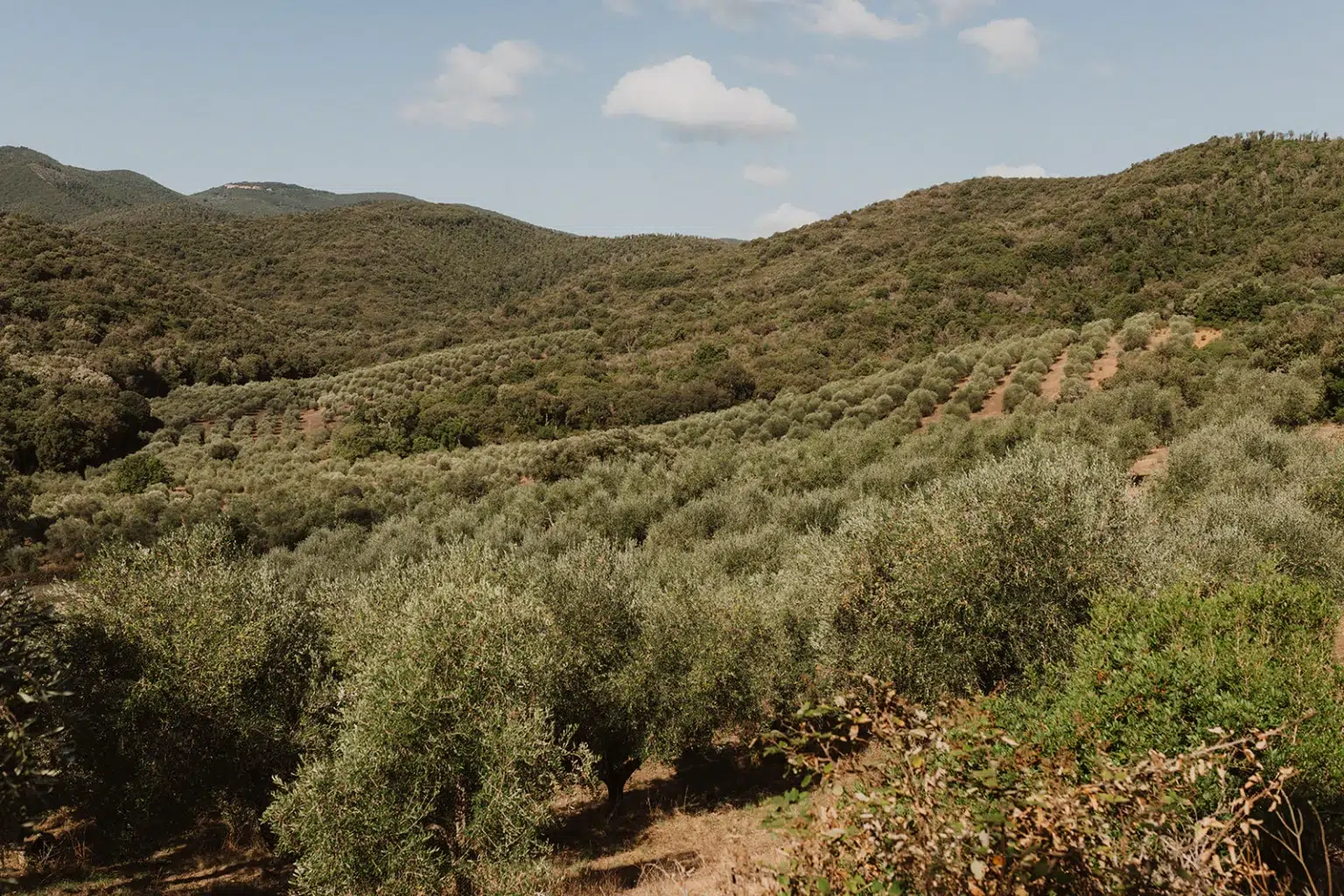
Spanish olive oil, a culinary and economic treasure of Spain, is facing a perfect storm of challenges that threaten its production and quality. Water shortages, increased theft, and debates over cultivation methods have brought this century-old industry to its knees.
Water shortages are the main problem affecting the olive oil sector. Spain has experienced prolonged droughts and extreme heat waves, which have significantly reduced olive production. In some regions, such as Catalonia, the harvest has decreased by up to 90%.
Climate change has also caused torrential rains that are not beneficial to crops. Instead of soaking into the soil, the water runs off quickly, washing away the soil and leaving the olive trees thirsty. This has led to a decrease in the level of reservoirs, which has reached critical levels.
The rise in the price of olive oil, which has increased by up to 150% in some places, has led to an increase in thefts from farms. Thieves, both small and organized, seek olives to resell them on the black market.
In Andalusia, one of the main olive oil producing regions, more than 500 tons of olives were stolen during the 2023-2024 season. This has resulted in losses of millions of euros for farmers, who see their efforts and heritage disappear.
Faced with the crisis, some producers have opted for superintensive agriculture, a method that increases production and reduces labor. However, this model relies heavily on irrigation, which has sparked a debate about water use in Spain.
While some farmers advocate the expansion of irrigation as a solution to desertification, environmental organizations such as Greenpeace warn against the overexploitation of water resources. According to the NGO, 80% of water in Spain is used for agriculture, and irrigation has increased by 16% in the last 15 years, often through illegal wells.
Despite the challenges, the Spanish olive oil sector is not giving up. Agricultural research is looking for innovative solutions to ensure production in the future. In Córdoba, for example, new varieties of olive trees are being developed that require less water and are better adapted to extreme climates.
In addition, some farmers are combining traditional methods with modern, sustainable techniques. Organic farming and superintensive farming can coexist, demonstrating that modernization does not have to be at odds with respect for the environment.
Spanish olive oil is at a critical juncture. Drought, theft, and debates over water use threaten its production and quality. However, innovation and sustainability may be the way forward to ensure the future of this culinary and economic treasure.
It is essential that measures are taken to protect water resources, support farmers and combat theft. Only in this way can the legacy of Spanish olive oil be preserved and its place in world gastronomy be secured.
Important Note: aceitedelcampo.com promotes the consumption of extra virgin olive oil for its culinary qualities and health benefits. However, no medication or current treatment should be replaced without the guidance of a healthcare professional.
ALZAYT EXPORT SL
info@aceitedelcampo.com
C/ Eduardo Bosca 19, 2-5
46023 Valencia
Subscribe and receive a coupon by email for your next purchase.